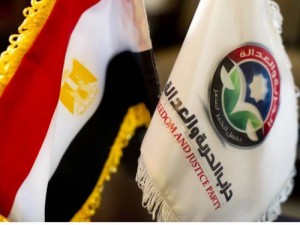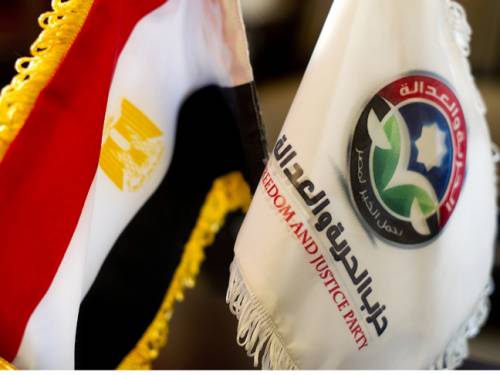
By Mahmoud Salah El-Din
Dr. Mohamed Gouda, the spokesman of the Freedom and Justice Party (FJP)’s economic committee, revealed three possible plans delineating how President Mohamed Morsi would restructure the public enterprise sector.
The first scenario includes making holding companies subject to the Ministry of Investment in its older form while the second scenario would preserve the current system with an independent Ministry of Public Enterprise. The last scenario would make holding companies subject to the ministries that have a relationship to their function in the economy.
Gouda said that the president will make the final decision, as the FJP is currently playing an advisory role and does not interfere in executive decisions. He noted that the incoming prime minister, who has yet to be selected, will have the authority to appoint the new government.
Gouda added that the FJP has a complete plan to develop the sector that seeks to raise the return on investment to 15% within five years. He pointed out that the new state budget forecasts negative returns on investments.
The plan contains solutions for a number of problems, he added, ones such as public debt and the poor performance of some public companies. He said that the plan would help to remedy the surge in unemployment rates raise the productivity of the Egyptian economy. He noted that small companies do not bring substantial benefits and should be privatised.
According to Gouda, the state can use revenue from privatisation to establish new public companies in strategic industries. Gouda added that the restructuring would take between six months and a year and that privatisation would proceed clearly and transparently. He said the procedure would be different from the privatisation efforts of the former regime, which were characterised by corruption and graft. He said “We want the public sector to become a source of national income and to contribute to servicing the national debt, which will be an important challenge moving forward.”
The formation of a coalition government, he continued, would not hinder the restructuring plan that the Nahda Project envisions. Gouda added that the project will precede through consensus and consultation among the various political stakeholders before the government implements a complete plan with which all parties are satisfied.
A source within the Ministry of Public Enterprise, who preferred not to have his name published, said that the government has not allocated any funds for investment in the public enterprise sector since the year 2000 when the goal was to privatise many companies. He added that the biggest burden within the sector is textile companies that are unable to compete with cheaper imports. He said that there was a need to protect Egyptian industry and enable it to compete with foreign companies.
Magdy Mahmoud Abdallah, President of the Cotton Trading & Export Company, supported the FJP’s plan to redistribute public enterprises among ministries specifically concerned with the companies’ function. He added that the goal of lumping all public enterprises into one basket under one ministry was to privatise them, but that the policy was unsuccessful.




